
Here's what is coming soon to NeurologyLive.

Maromi Nei, MD, and Michael R. Sperling, MD, shared their insight on the novel inventory tool for predicting sudden unexpected death in epilepsy and their recently published work.
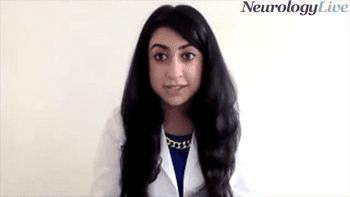
The duo from Cleveland Clinic discussed their presentation from AHS 2021 regarding the effects of COVID-19 on access to telemedicine visits among minorities.
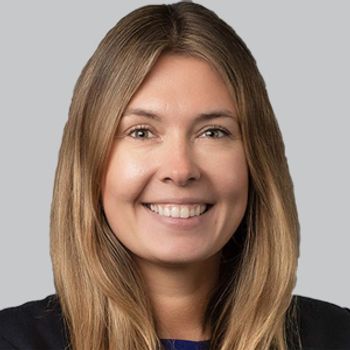
The pediatric headache specialist at NYU Langone discussed adjusting management approaches to pediatric headache and the current state of research within the space.
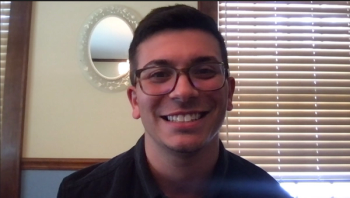
Neurology News Network for the week ending July 2, 2021.

Take 5 minutes to catch up on NeurologyLive's highlights from the week ending July 2, 2021.
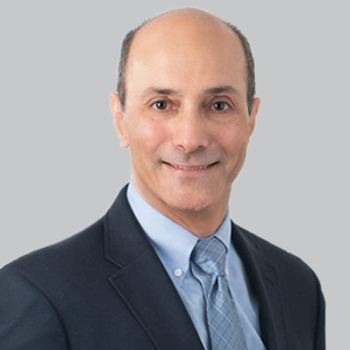
ICER’s health-benefit price benchmark range for aducanumab is $3000 to $8400 per year for patients with early Alzheimer disease, substantially lower than the current $56,000 annual price listing.
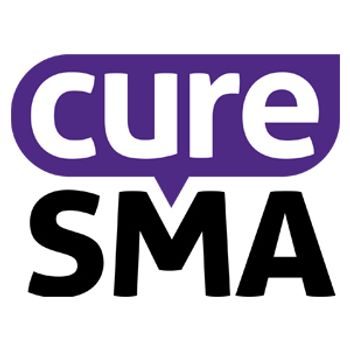
The manuscript was published in the May 2021 issues of BMC Pediatrics.

The differences between the obstructive sleep apnea categories became more apparent when a shorter epoch-to-epoch interval was used to assess this deep learning-based signal.

"Mind Moments," a podcast from NeurologyLive, brings you an exclusive interview with Scott D. Newsome, DO, and David Li, MD, FRCPC.

The grant will fund a new study to evaluate the effectiveness of brain-responsive neuromodulation in patients with LGS. The study is expected to begin accepting patients in the second half of 2022.

Both high PiB and low entorhinal fluorodeoxyglucose as inclusion criteria reduced 3-fold the number of participants needed in a hypothetical trial compared to using only high PiB.
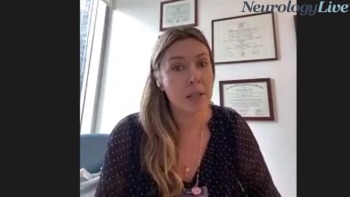
The pediatric headache specialist at NYU Langone discussed the lifestyle choices children and parents must make to ensure optimal management of pediatric migraine.

Patients who received high-dose blarcamesine experienced a 14.51-point MDS-UPDRS total score improvement compared to placebo in a phase 2 study of the Anavex Life Sciences agent.
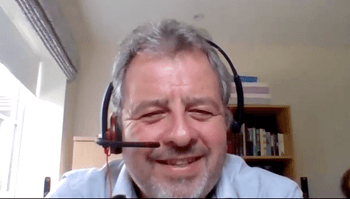
Clive Ballard, MD, discussed up-and-coming technologies for remote risk assessment, among other data presented at this year’s AAIC meeting.

The SUDEP-3 outperformed the prior SUDEP-7 variation on all measures, and simplifies the risk assessment with a 3-item weighted scoring while enhancing the clinical practicality.

Longer exposure to disease-modifying therapy over the follow-up period reduced the risk of disability worsening among pregnant people with multiple sclerosis.
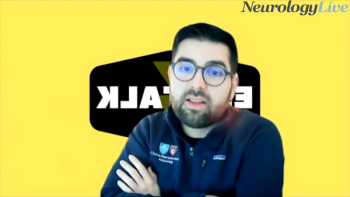
The clinical fellow at Massachusetts General Hospital discussed his approach to highlighting flaws within the medical education system and the need to do so for certain areas in epilepsy.

The pediatric headache specialist at NYU Langone discussed how pediatric migraine is currently treated, the signs and symptoms associated, and whether awareness levels are where they need to be.
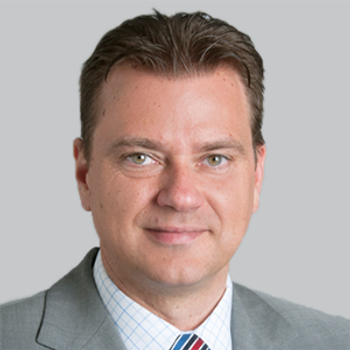
Robert Zivadinov, MD, PhD, director, Buffalo Neuroimaging Analysis Center, spoke to the findings of a post-hoc analysis of atrophied T2-lesion volume as a biomarker in patients with progressive MS.
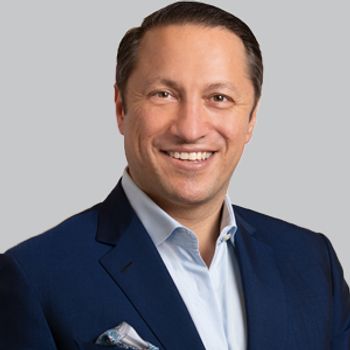
Patients will be randomized to either 120-mg galcanezumab or 75-mg rimegepant and will be evaluated on the percentage of patients achieving a 50% reduction in monthly migraine headache days.
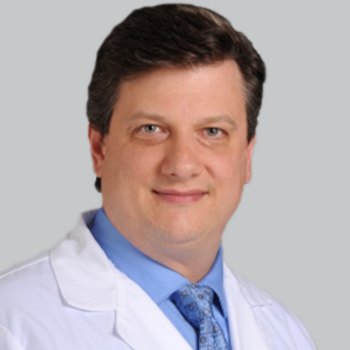
Data presented at SLEEP 2021 from Study 303 suggest that long-term use of lemborexant is well received by patients, who reported that the agent helped them fall asleep and improved total sleep time.
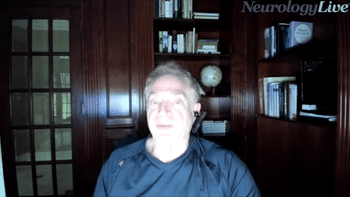
The director of the Montefiore Headache Center discussed the momentum within the migraine research community as well as some of the more notable presentations from AHS 2021.
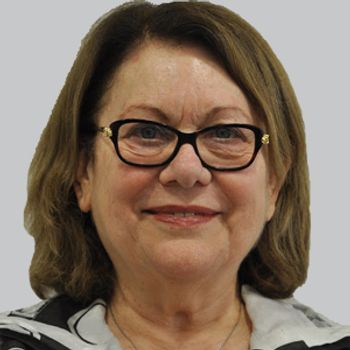
Hermona Soreq, PhD, discusses the complexities of aducanumab’s FDA approval, her initial reaction to the news, and whether it might be greenlit by other country’s regulators.
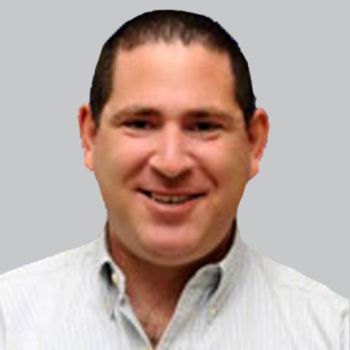
An excellent epilepsy outcome was achieved in 66% of cases over a median follow-up of 41 months and was not significantly associated with the type of surgery undergone.
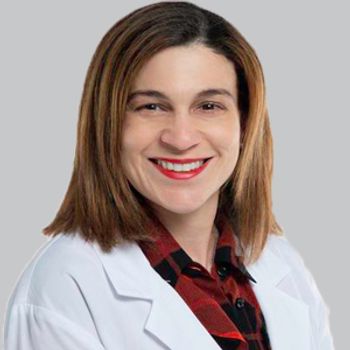
The treatment device from Theranica also demonstrated a positive impact on patients who experienced menstrual cramps or pelvic pain.
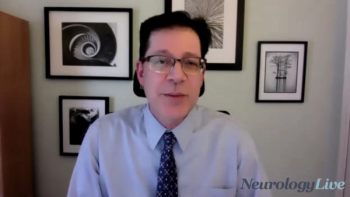
The executive director of the LEAD Coalition calls for greater collaboration and support from government and the healthcare community in order to boost health equity.

Here's what is coming soon to NeurologyLive.
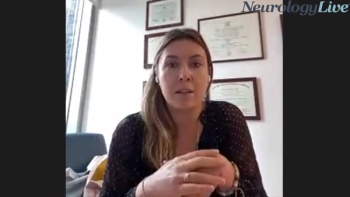
The pediatric headache specialist at NYU Langone discussed what physicians should be aware of related to the signs and symptoms associated with pediatric migraine.

Deena Kuruvilla, MD, the medical director of the Westport Headache Institute spoke to the potential of e-TNS in the treatment of migraine overall and which gaps in care that it might fill.